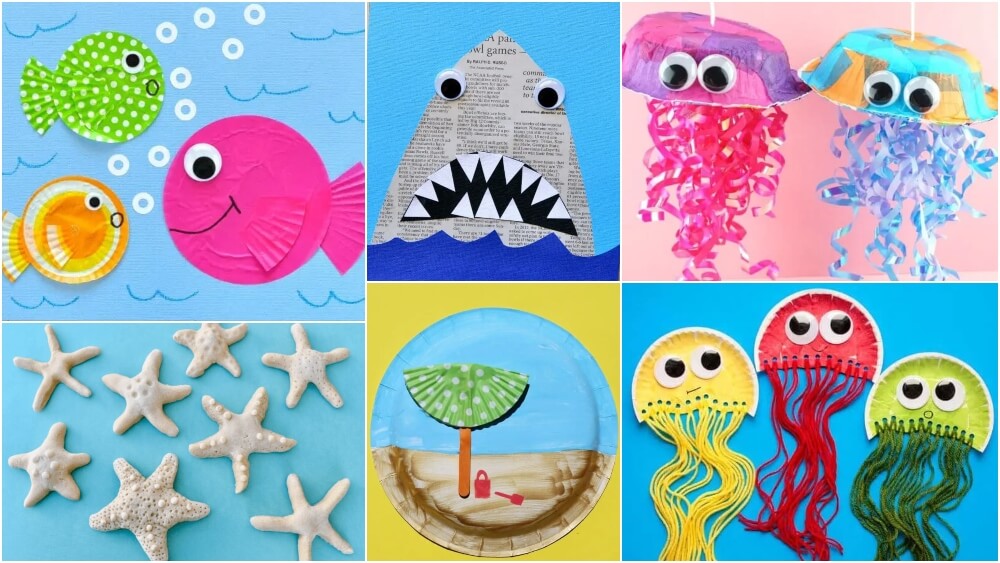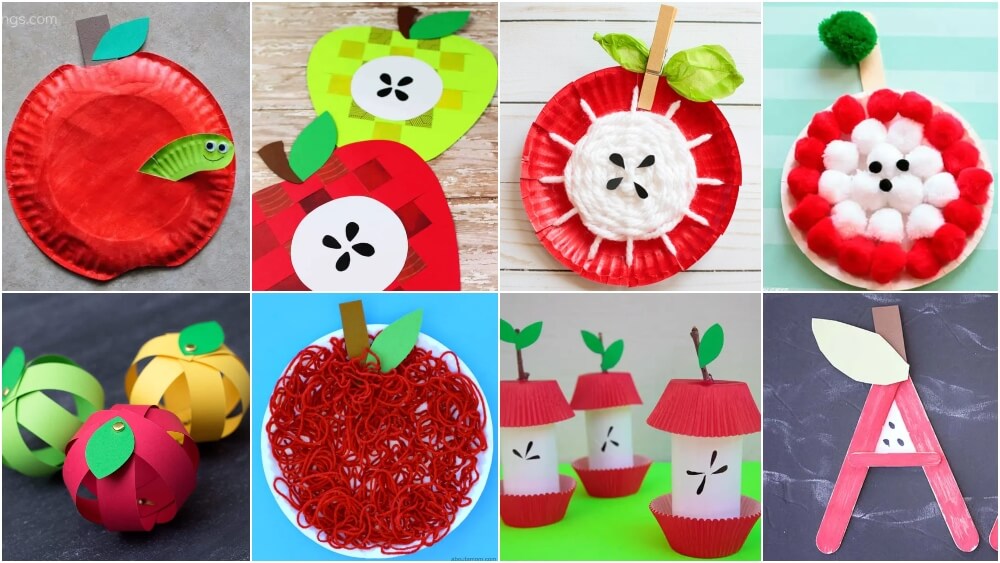How to help your kids with math homework?

Like you, many parents all around the world have a math-challenged child. This reality might be overwhelming without adequate resources or a strong support network. However, relax since you’re not by yourself! Children who detest arithmetic sometimes lament that it is too tough or that they are not clever enough. Sadly, this assumption has a negative effect on any child’s ability to succeed in math.
One of your main priorities as a parent is to see your kid succeed. But it’s crucial to remember that recognizing an issue is the first step towards correcting it. Knowing the warning signals may make it easier for you to see any math issues your child may be having. And to go even further, we’ve included seven ideas you can use at home to encourage your youngster to enjoy math instead of fear it.
Here are some pointers based on what we discovered:
Make every effort to comprehend what your youngster is saying.
Ask your kid to think aloud while solving a math problem, explaining what she’s doing and why. Your youngster might occasionally be able to respond to her inquiries. Don’t just show up and explain how things need to be done.
Including Math in Everyday Activities
Talk to your children when preparing meals or following a recipe. You may even discuss temperatures as the oven is being preheated. When reading before bed or in the evening, incorporate arithmetic puzzles. Use your Fitbit or a device of a similar nature to conduct conversations about arithmetic. For example, how far are 100 steps, in your opinion? Children enjoy measuring things. Purchase a cheap tape measure and experiment with it.
Assume your youngster uses some logic in their reasoning.
Your youngster is using some form of reasoning, even if his responses are erroneous. Recognizing this thought process is the key to offering assistance. For example, consider the scenario when your youngster adds 1/3 and 1/4 to reach 2/7. You’ve just discovered that he might not completely comprehend what a fraction is if his justification is that he was adding the numerators and denominators. And that provides you with a place to start assisting.
Work Together
Instead of introducing a new concept to your child, picture yourself walking with them as they learn it. The urge to encourage and guide your child with your experience comes naturally to parents, but this is impossible if you don’t know what you want to communicate. You may do this by drawing on your prior knowledge of handling obstacles and solving issues. Admit to your youngster that you are also unfamiliar with this approach but that you will both endeavor to grasp it.
Use props and little beginnings.
New ideas might be intimidating. To assist you both in comprehending, start simple and experiment with something tangible, like buttons, coins, or Lego pieces. For instance, your child may be studying number bonds—the pairings of numbers that, when added together, equal a certain sum.
There are more goals for homework than just getting the right answers.
It has to do with learning methods and abilities. Even if you can solve an issue that your child is having trouble with, there are still many things you need to explain, notably how you got to that place.
Be a friend to the teacher.
Ask the instructors about your child. Find out how certain ideas and concepts are being taught. Sometimes parents who are frustrated with how hard it is for their kids to learn may approach teachers. Consider the instructors of your child to be your colleagues and partners.
Avoid the fright element.
Giving in to panic is simple, especially if you’ve previously had a poor arithmetic experience. The irrational fear of all things mathematical, known as math anxiety, might reemerge if unknowable notions are taught. There is a chance that your child will inherit this phobia. Their love of school and even their life choices may suffer as a result of this. An easy strategy is to conceive of what you are doing as aiding your youngster in learning practical life skills rather than arithmetic. Giving arithmetic a more approachable name—one that better represents your skills, such as “problem-solving strategies” or “calculation tools”—can enhance confidence and reduce math anxiety.
Find more assistance.
Are you concerned that you won’t be able to comprehend the arithmetic your youngster is attempting to learn? Examine her textbook or internet study resources in detail. Check to see whether the publisher has any materials available. Search for additional publicly accessible teaching aids, particularly those that have received NSF funding. Do any of your friends or coworkers have kids? Create a lunchtime study club to discuss your homework difficulties.
Remember that every child is unique and learns uniquely.
It does not follow that your younger kid’s sister will learn her multiplication facts in the same way that your eldest child did. This leads us back to the first piece of advice: Try your best to comprehend each youngster as they speak.
Keep it genuine
Once you and your child have mastered a mathematical idea, make it more applicable to real-world situations by using it. Use fruit or cookies to practice number bonds. For example, the price of grocery goods totaled. Create colorful number bond shapes with building blocks or items you find while out and about, like sticks and leaves.
Link mathematics to other topics.
Every child has a topic they do well, and here is an opportunity to help them feel the same way about math. If the person is a writer, stop them at a certain word count and instruct them to use subtraction to determine how many more words they would need to achieve a greater word count. Ask them to calculate their reading pace per minute if they find it enjoyable. Ask them how long ago an event they are learning as if they enjoy history. With the help of this interdisciplinary approach, your kids will learn how valuable arithmetic is in a variety of situations.
Don’t be distracted by numbers.
Students are still learning to add, subtract, multiply, and divide until the third or fourth grade. As children, we frequently had math tests since it was assumed we wouldn’t always have access to a calculator. This notion is losing ground in education. First, your youngster will probably carry a calculator with them most of the time. The majority of individuals regularly use a smartphone with a calculator. The second reality is that computations aren’t merely performed in a vacuum; they are also used to address issues. Since word problems are what students will use math for in the real world, you should expose your kids to more of them. When attempting to solve a problem, your child’s mind will often be preoccupied, and the math will annoy them. When your child works on word problems, allowing them to use a calculator reduces their aggravation and teaches them how to use tools to solve difficulties.
Make the kid the instructor.
Spend time asking your youngster to explain the arithmetic concepts they have learned each day. This will make them pay more attention since they know they’ll have to explain it to you when they come home, but it will also be a fun method for your child to finish their homework and then switch places with you to demonstrate how to solve an issue.
- Finally, even if you occasionally suffer, don’t give up.
- And give both you and your child plenty of time to absorb new information.
- It is OK to occasionally set aside difficult or counterintuitive mathematical notions, move on to other things, and return to them later.
- Try rewarding yourself for your accomplishments, and remember that homeschooling will be more enjoyable if learning is done in a lighthearted, pleasant manner.






Responses